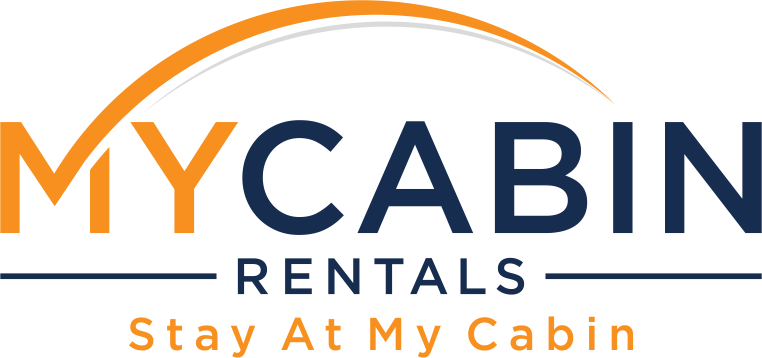Tax Deductions for Short Term Property Owners
November 8, 2025
Essential Tax Deductions for Short-Term Rental Owners

Essential Tax Deductions for Short-Term Rental Owners
As a short-term rental (STR) owner, understanding tax deductions can significantly enhance your financial outcomes. Here are the key deductions you can take advantage of:
1. Depreciation
Depreciation allows you to spread the costs of your rental property and significant improvements over many years, lowering your taxable income annually. For residential properties, the standard recovery period is 27.5 years. While land cannot be depreciated, items like appliances and furnishings can often be depreciated over shorter periods, maximizing your tax benefits without impacting your cash flow.
2. Property Taxes
Property taxes can be a considerable expense, especially in popular vacation areas. The good news is that higher taxes can lead to larger deductions on your tax return, ultimately reducing your taxable income. Rates can vary widely, so it’s essential to stay informed about local tax regulations.
3. Cleaning and Supplies
With frequent guest turnover, cleaning and supplies become regular expenses. Unlike long-term rentals, where cleaning occurs less frequently, STRs require thorough cleaning after each guest. These costs, along with essentials like toiletries and kitchen supplies, are tax-deductible. Keep detailed records for each property to ensure you capture all potential deductions.
4. Repairs and Maintenance
Expenses related to repairs and maintenance are fully deductible in the year they occur. Common deductible expenses include plumbing repairs, landscaping, and fixing damaged items. Maintaining property condition is essential, and these costs can help offset your taxable income.
5. Improvements
Improvements to your property that enhance its value or extend its lifespan must be capitalized and depreciated over time, unlike repairs. Examples include adding a deck or remodeling a kitchen. While these costs can’t be deducted immediately, they contribute to your property’s long-term value.
6. Mortgage Interest Deduction
As STRs are considered investment properties, you can fully deduct mortgage interest on loans used to purchase, build, or improve your rental. Additionally, private mortgage insurance (PMI) premiums may also be deductible.
7. STR Insurance Premiums
Due to increased risks associated with short-term rentals, obtaining specialized insurance is crucial. This coverage typically protects against guest-related damages and liability. The premiums for STR insurance are generally deductible, helping to safeguard your investment.
8. Marketing and Advertising
To stand out in competitive markets, STR owners often spend more on marketing than traditional rental owners. Expenses may include professional photography, SEO services, and social media advertising. These costs are fully deductible, aiding in your property’s visibility and attractiveness.
9. Property Management Software
Utilizing property management software can streamline operations and improve financial tracking. These tools help automate tasks like booking management and financial recordkeeping, making it easier to prepare for tax season and manage your investments effectively.
10. Furniture and Appliances
Items such as furniture and appliances typically depreciate over a shorter period (5 to 7 years). By categorizing these assets separately, you can maximize your depreciation deductions, helping you recover costs more quickly.
11. Property Management and Legal Expenses
Higher management fees are common in STRs due to increased service demands. You can also deduct legal expenses related to operating your rental, such as drafting agreements and seeking regulatory advice.
12. Platform Fees and Commissions
Listing your property on platforms like Airbnb incurs various fees. These are tax-deductible as long as they are included in your reported rental income. Be mindful of how these fees are reported to ensure you maximize your deductions.
13. Travel and Transportation
Travel expenses related to managing your rental—such as trips to the property or attending industry events—are deductible. Keep detailed records of your business-related travel to ensure compliance with IRS regulations.
14. Home Office
If you manage your STR from home, you may qualify for a home office deduction. This can be calculated using a simplified method or by determining actual expenses related to your office space.
For reporting, use Schedule E (Form 1040) to detail your rental income and deductions. Keeping organized records is crucial for maximizing your tax benefits.
Best Practices for Recordkeeping
To optimize your deductions and safeguard against audits, follow these recordkeeping practices:
Record Transactions Promptly: Document all income and expenses immediately.
Separate Finances:
Use dedicated accounts for business to simplify tracking.
Organize Expenses:
Categorize expenses for easier reporting.
Digitize Receipts:
Store digital copies of receipts in cloud applications.
Regularly Review Records:
Schedule regular reviews to keep your financials accurate.
Use Accounting Software:
Automate the process to minimize errors.
Back Up Data: Regularly back up digital records to prevent loss.
By understanding and leveraging these deductions, you can enhance the profitability of your short-term rental investment.



